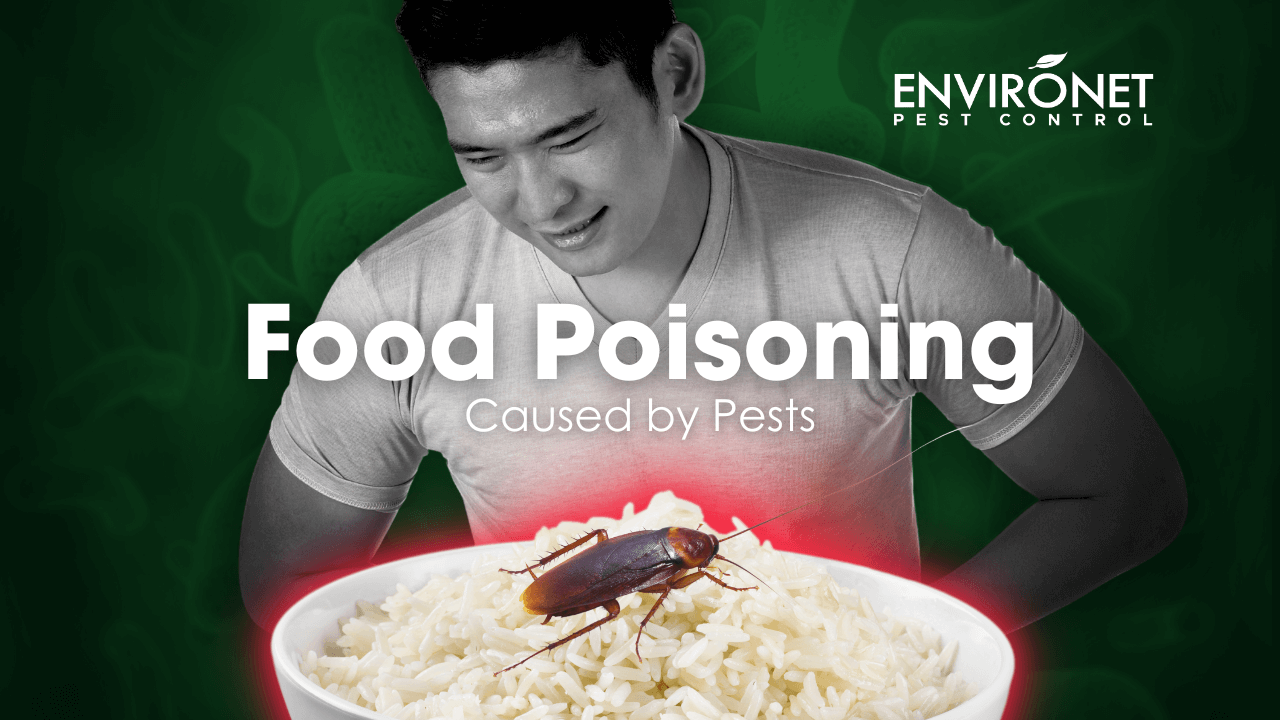
Food Poisoning Caused by Pests
Last updated on May 10th, 2025 at 11:31 am
Food poisoning can occur for a variety of reasons, and one common cause is pests. This blog post will explore the relationship between pests and food poisoning, and the different types of pests that can lead to contamination. From rodents and flies to cockroaches and ants, we’ll discuss how pests can spread harmful bacteria and viruses through food and surfaces. We’ll also cover other causes of pest contamination in food, including bacteria, viruses, parasites, and toxins. By understanding the various causes of food poisoning, you can take steps to prevent it from occurring in your home or business. Whether you’re a homeowner, a restaurant owner, or a food safety professional, this blog post provides valuable insights into the causes of food poisoning and the importance of pest control.
Food poisoning is a common health problem caused by eating contaminated food. There are several types of microorganisms that can cause food poisoning, including bacteria, viruses, parasites, and toxins. Each type of infection has its own set of symptoms and health risks.
How Do Pests Cause Food Poisoning?
Pests can cause food contamination and lead to food poisoning. Rodents, flies, cockroaches, and ants are common pests that can transmit harmful bacteria and viruses through contact with food and surfaces. Pests can carry pathogens such as Salmonella and E. coli, which can cause gastrointestinal illness and other health problems.
Rodents are known to carry diseases and can contaminate food and surfaces with their feces and urine. Flies can spread pathogens by landing on food, while cockroaches can carry bacteria on their legs and bodies. Ants can also contaminate food with bacteria and other pathogens.
Pests can enter food storage areas and kitchens through openings such as cracks and gaps. They can also enter through open doors and windows. Proper pest control measures such as sealing openings, keeping food storage areas clean and dry, and storing food in sealed containers can help prevent pest contamination and reduce the risk of food poisoning.
How common is food poisoning due to pest contamination?
Food poisoning due to pest contamination is a common problem, particularly in commercial kitchens and food storage facilities. Pests such as rodents, flies, cockroaches, and ants can transmit harmful bacteria and viruses to food and surfaces, leading to food contamination and the risk of food poisoning.
In the Philippines, a significant number of cases of foodborne illnesses are reported annually, 2019-2023. In the same year, sentinel sites across the country reported a total of 11,876 cases of acute bloody diarrhea (ABD), as well as 830 cases of Hepatitis A and 74 cases of paralytic shellfish poisoning, according to data from the Department of Health (DOH).
Commercial kitchens, restaurants, and other food establishments are particularly at risk for pest infestations due to the high volume of food handling and storage that takes place. Pests can enter these facilities through openings such as cracks and gaps, and can quickly contaminate food and surfaces if not properly controlled.
Home kitchens are also at risk for pest infestations and food contamination. Improper food storage, poor sanitation practices, raw or undercooked meat, and inadequate pest control measures can all contribute to the risk of food poisoning.
In conclusion, food poisoning due to pest contamination is a common problem in both commercial and home kitchens. Proper food storage, good hygiene, and effective pest control measures are essential in preventing pest infestations and reducing the risk of foodborne illnesses. By taking these steps, you can protect yourself and your family from the harmful effects of eating contaminated food like raw or undercooked meat.
What types of pest contaminants cause food poisoning?
Food poisoning is caused by various types of pathogens, and pests can be carriers of these pathogens. Pests such as rodents, cockroaches, flies, and ants can spread viruses, bacteria, and other microorganisms to food and surfaces, leading to food contamination and the risk of food poisoning.
Some of the common pest contaminants that cause food poisoning include:
1. Bacteria
Pests can carry bacteria such as Salmonella poisoning, E. coli bacteria, and Listeria, which can cause severe food poisoning symptoms such as diarrhea, vomiting, and fever.
2. Viruses
Flies and other pests can carry viruses such as Norovirus and Hepatitis A, which can cause severe gastrointestinal illness.
3. Parasites
Cockroaches and other pests can carry parasites such as Giardia and Cryptosporidium, which can cause severe symptoms such as diarrhea, cramps, and weight loss.
4. Toxins
Pests can carry toxins such as botulism and Staphylococcus aureus, which can cause severe symptoms such as vomiting, diarrhea, and even death.
It is essential to prevent pests from entering food storage areas and kitchens, as well as keep food storage areas clean and dry, and store food in sealed containers. By practicing good hygiene, safe food handling practices, and effective pest control, you can reduce the risk of pest contamination and protect your health from food poisoning.
Here are some examples of raw foods that are easily contaminated:
Poultry and Meat
Raw food like poultry and undercooked meat are common sources of foodborne illness, as they may contain bacteria such as Salmonella, E. coli, and Listeria.
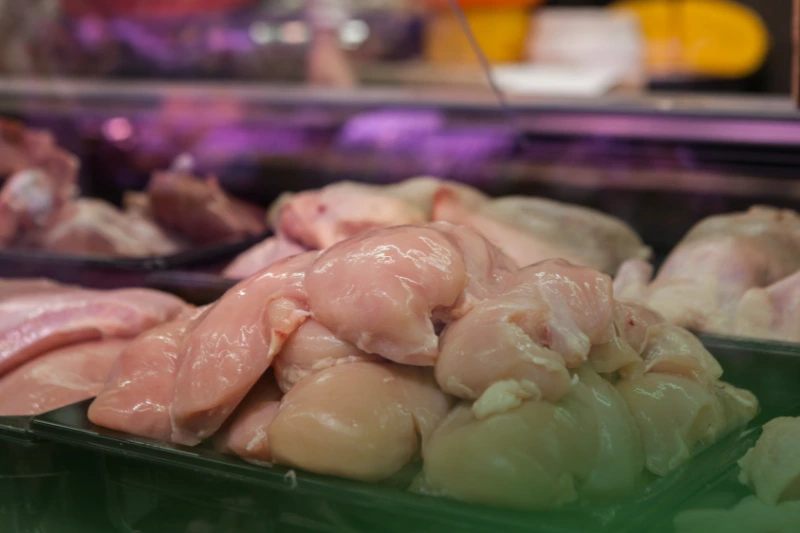
Seafood
Raw or undercooked shellfish or seafood, including fish, shrimps, and crustaceans, can be contaminated with harmful bacteria and viruses that cause food poisoning.
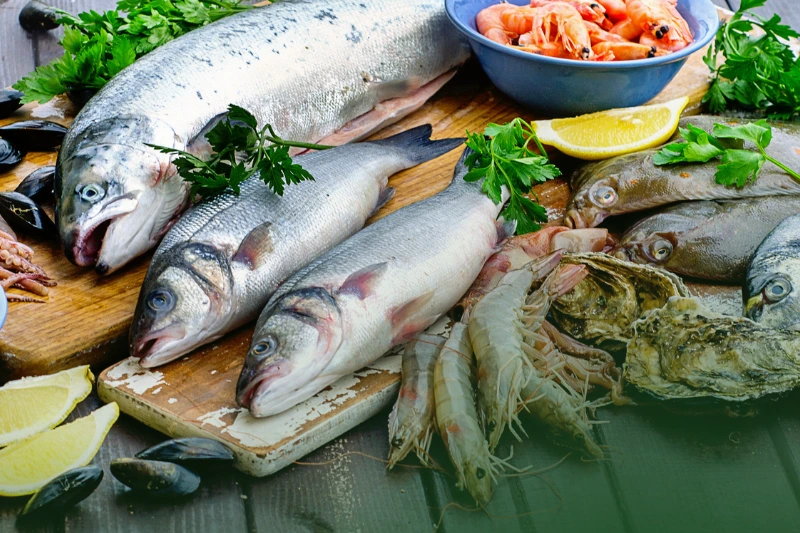
Dairy products
Dairy products such as unpasteurized milk and soft cheeses made from unpasteurized milk can contain harmful bacteria such as E. coli and Listeria.
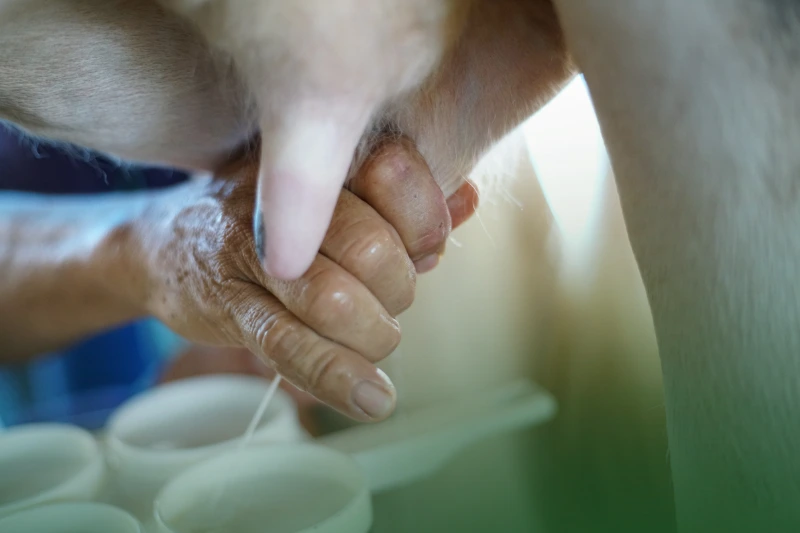
Eggs
Raw eggs or undercooked eggs can be contaminated with Salmonella, a bacteria that can cause food poisoning.

Fruits and vegetables
Unwashed fruits and vegetables can become contaminated with bacteria such as E. coli and Salmonella through contact with soil, water, or animals during growth or harvest.
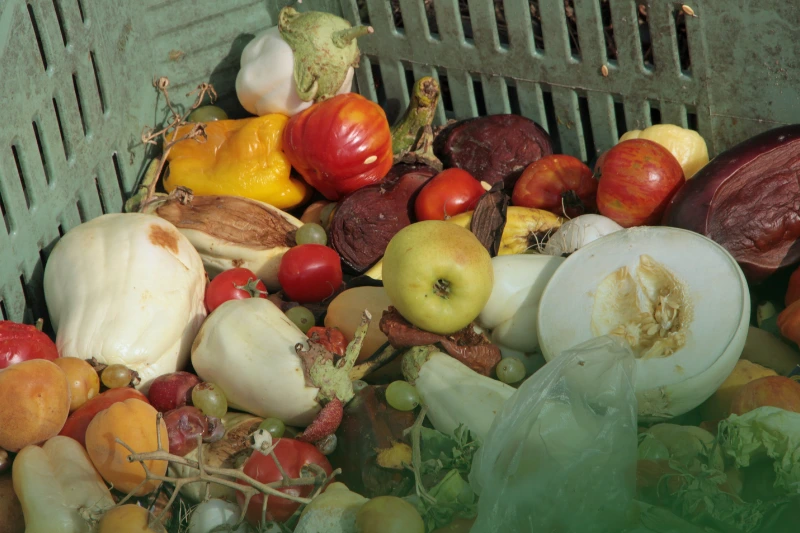
Sprouts
Raw sprouts, such as alfalfa and bean sprouts, can be contaminated with harmful bacteria during the growing process.

It is important to handle these foods with care and follow proper food safety guidelines to prevent contamination and reduce the risk of foodborne illness. This includes washing hands and surfaces, cooking food to the proper temperature, storing food at the correct temperature, and avoiding cross-contamination.
Signs and Symptoms of Food Poisoning Due to Pest Contamination:
Food poisoning due to pest contamination can cause a range of symptoms of feeling sick, which can range from mild to severe. The symptoms usually start within a few hours to a few days after consuming contaminated water or contaminated food and can cause weakened immune systems or can even be life-threatening.
Some of the common signs and symptoms of food poisoning due to pest contamination include:
Nausea and vomiting
Nausea and vomiting are common symptoms due to pest contamination. These symptoms can be severe and can lead to dehydration.
Abdominal pain and cramps
Abdominal or stomach pain and stomach cramps are symptoms due to pest contamination. These symptoms can be severe and can cause discomfort and pain.
Diarrhea
Diarrhea is a common symptom of food poisoning due to pest contamination. This symptom can be severe and can lead to severe dehydration.
Fever
Fever is a common symptom of food poisoning due to pest contamination. This symptom can be mild or severe and can indicate an infection in the body.
Headache
Headache is a common symptom of food poisoning due to pest contamination. This symptom can be mild or severe and can cause discomfort.
Fatigue
Fatigue is a common symptom of food poisoning due to pest contamination. This symptom can be mild or severe and can cause weakness and exhaustion.
In conclusion, if you experience any of the above symptoms after consuming contaminated food, it is essential to seek medical attention or your local health department and practice effective pest control measures to prevent future incidents of pest contamination.
How to prevent pest contamination in your food?
Preventing pest contamination in your food is essential to avoid food poisoning. Here are some ways to prevent pest contamination:
Store food properly
Proper storage can help prevent pests from accessing your food. Store food in sealed containers and keep them in a cool, dry place.
Clean your kitchen regularly
Regular cleaning can help eliminate any food particles or debris that may attract pests. Be sure to clean all surfaces, including counters, floors, and appliances.
Dispose of garbage properly
Dispose of garbage promptly and in sealed containers. Do not leave garbage bags lying around, as this can attract pests.
Seal any entry points
Pests can enter your home through small cracks or gaps. Seal any entry points, such as gaps in doors or windows, to prevent pests from entering your home.
Hire a pest control professional
If you have a pest problem that you can’t control, consider hiring a professional pest control company. They can help identify the source of the problem and take steps to eliminate it.
Following proper food safety guidelines is crucial in preventing food contamination while you prepare food. This involves washing hands and surfaces frequently, cooking food to the correct temperature, storing food appropriately, and avoiding cross-contamination. Additionally, it is advisable to use separate cutting boards for meat and produce, and to thaw frozen food in the refrigerator or under cold water, rather than at room temperature. By adhering to these guidelines, you can minimize the risk of food poisoning and ensure the safety of your family.
How Pest Control Professionals can help homeowners and businesses prevent food poisoning and pest contamination?
Pest control professionals play a critical role in preventing pest contamination and food poisoning in both homes and businesses. These professionals are trained to identify and eliminate pests that can contaminate food and spread harmful pathogens, and they use a variety of methods to prevent future infestations.
Here are some ways that pest control professionals can help homeowners and businesses prevent pest contamination and food poisoning:
Inspection
Pest control professionals can conduct a thorough inspection of your home or business to identify any existing or potential pest problems. They can identify areas that are vulnerable to pest infestations, such as cracks, crevices, and openings that pests can use to enter.
Prevention
Pest control professionals can recommend and implement preventive measures to reduce the risk of pest infestations. These measures can include sealing entry points, removing sources of food and water, and ensuring proper sanitation practices.
Treatment
If pests are already present, pest control professionals can use a variety of methods to eliminate them, such as baits, traps, and insecticides. They can also use eco-friendly and non-toxic treatments to eliminate pests without causing harm to humans and the environment.
Education
Pest control professionals can educate homeowners and business owners on effective pest control practices, such as proper food storage and waste disposal, to prevent future infestations. They can also provide information on the signs and symptoms of food poisoning and the importance of seeking medical attention if symptoms occur.
Conclusion
At Environet Pest Control, we understand the importance of preventing pest contamination in your homes or businesses. That’s why we offer top-quality cockroach, ant, fly, and rat control services to help eliminate the risk of food contamination, safeguard your health, and to secure your brand and reputation. Our experienced team uses safe and effective pest control methods to target and eliminate these pesky insects and rodents, preventing them from contaminating your food and spreading disease.
Don’t let pest contamination compromise your safety and health. Contact us today to schedule our pest control services and experience a pest-free environment!
